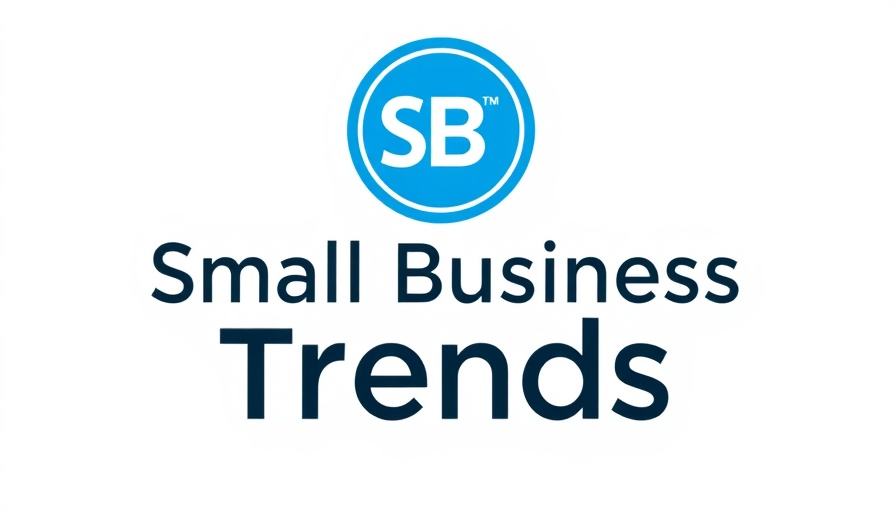
Reviving American Manufacturing: A $7.5 Million Opportunity
In a concerted effort to rejuvenate American manufacturing, the U.S. Small Business Administration (SBA) has announced an exciting funding initiative aimed at small businesses that are pivotal in restoring the nation's industrial prowess. Announced with the hope of steering the United States towards a resilient economic future, the $7.5 million dedicated to creating new Regional Innovation Clusters (RICs) serves as a platform for empowering domestic manufacturers, promoting job creation, and bolstering supply chain resilience.
Federal Support and Industry Evolution
According to SBA Administrator Kelly Loeffler, the initiative is a strategic component of President Trump’s fair trade policy, aimed at reinstating American industrial strength. "Our new RIC funding and ongoing outreach serve small businesses with practical tools to reshore jobs and critical sectors, reducing our reliance on foreign suppliers," Loeffler stated. This initiative specifically targets key industries including advanced manufacturing, cybersecurity, semiconductors, nuclear microreactors, and cutting-edge technologies like quantum computing and artificial intelligence.
Forging Collaborative Networks
The establishment of up to 20 RICs presents a pivotal opportunity for small manufacturers to tap into communal resources and expertise. These RICs will act as collaborative hubs that pool vital talent, technology, and funding opportunities, allowing businesses to access improved procurement, maximize supply chain efficiency, and align groundbreaking technologies with market demands. Since 98% of American manufacturers are classified as small businesses, this funding promises to create a robust framework for these enterprises to thrive.
A Closer Look at Regional Innovation Clusters
Originally launched in 2010, the SBA’s RIC Initiative aims to enhance the profiles of localized business clusters where businesses and educational institutions can support and learn from one another. These collaborative environments not only drive innovation but also offer a crucial support structure in rapidly evolving fields.
Consider the Challenges
While this new funding holds great promise, small business owners must be aware of the challenges that accompany it. The application process for RICs requires swift action from interested parties, with submissions closing on August 8, 2025. This swift timeline necessitates prompt action and thorough preparation.
Moreover, the drive for strong partnerships can present its own set of challenges. Small business owners may find themselves investing too much time and resources in establishing these relationships, diverting focus away from their essential operations. The complexities that come with navigating these partnerships can further complicate an owner’s ability to drive their business forward.
Harnessing Collective Strengths
Despite these potential drawbacks, engaging with the RIC initiative may yield significant advantages for small business owners. By collaborating with other local businesses and organizations, entrepreneurs can not only pool their respective strengths but also address common pain points that hinder growth within their sectors.
The Potential Impact on Local Economies
As the SBA rolls out this funding, the ramifications of these new clusters could substantially reshape the landscape of American manufacturing. The initiative seeks to reverse the trend of job outsourcing and boost local economies, thereby enhancing the U.S. supply chain.
Given that small businesses are at the heart of the manufacturing sector, the establishment of these RICs could be the turning point needed for many entrepreneurs, creating job opportunities and revitalizing local communities.
Act Now: Prepare for Your Application
For small business owners looking to be part of this transformative funding opportunity, immediate action is required. Preparing to apply for the RIC should be prioritized to ensure that your business can harness the collective resources available. Failure to act swiftly could mean missing out on a chance to connect, grow, and thrive in today's competitive market.
In conclusion, the launch of the $7.5 million fund by the SBA marks a critical step towards rejuvenating American manufacturing. For small businesses, this initiative is more than just funding—it's a chance to engage with a movement that reshapes the economic landscape and secures the future of their industries.
 Add Row
Add Row  Add
Add 



Write A Comment